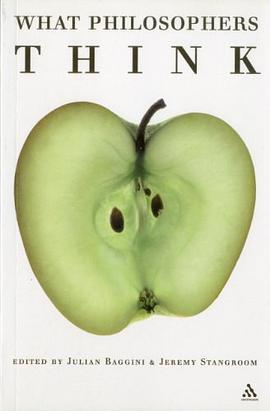
Critical theory began in the first part of the 20th century as an attempt to bring together the insights and understandings of Marx and Freud into a critical and liberatory analysis of the cultural and political--i.e., the human--conditions of modern capitalism. During the Cold War, and later especially under the influence of the work of Jurgen Haberrnas, it developed into a universalistic doctrine based on the projection of a species-competence of rationality as manifest in human language itself. In doing so, however, it lost for many much of its original critical bite, becoming instead increasingly a means to sort out which thinkers were on the side of rationality and which were not. It thus rejected challenges from postmodern thought, from Nietzscheans of every stripe, and from many of the social and political movements associated with alternate identities, such as feminism and gay-lesbian identity politics, among others. What then is the future of critical theory? Confronting the gradual transformation and rationalization of critical theory, the distinguished authors in this volume argue that critical theory is best served by an authentic engagement with these new developments and with Nietzsche, their originator and still the most powerful voice running counter to contemporary political theory. Only in this way can critical theory regain its earlier incisiveness. This important collection includes a newly revised version of Habermas's 1968 reflections on Nietzsche, plus essays by Max Pensky, Fred Dallmayr, Karin Bauer, Dominique Janicaud, Klaus Spiekermann, Josef Fruchtl, Bernhard Taureck, Tracy B. Strong, James Swindal, Holger Schmid, Howard Caygill, David Owen, Robert B. Pippin,and Rebecca Comay.
具体描述
读后感
评分
评分
评分
评分
用户评价
相关图书
本站所有内容均为互联网搜索引擎提供的公开搜索信息,本站不存储任何数据与内容,任何内容与数据均与本站无关,如有需要请联系相关搜索引擎包括但不限于百度,google,bing,sogou 等
© 2025 qciss.net All Rights Reserved. 小哈图书下载中心 版权所有





















